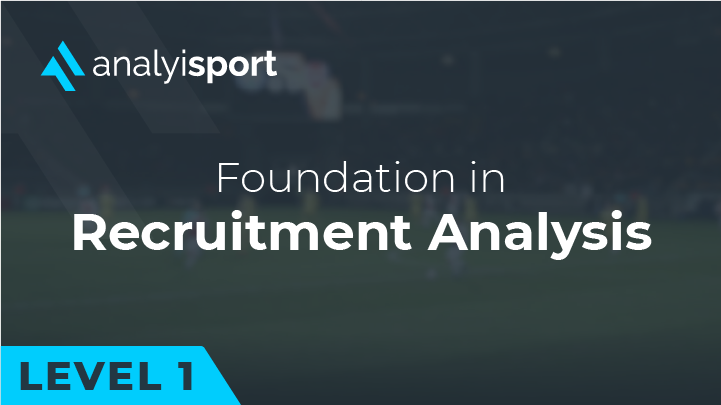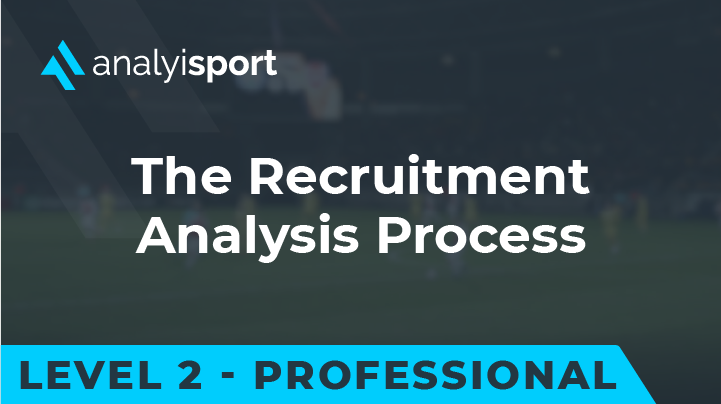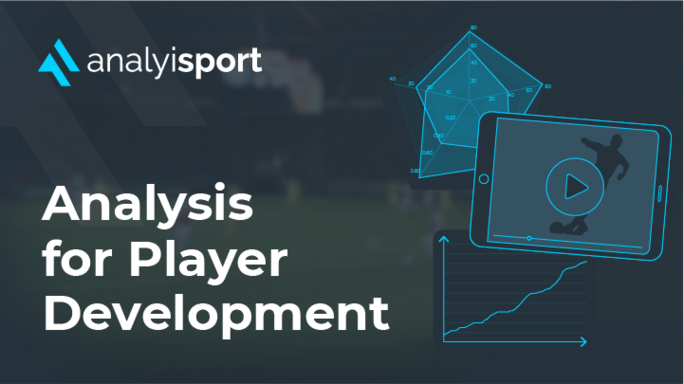Why Is the Relationship between Analyst and Manager Important in Modern Football?
We’re used to the idea of a manager having their favourite coaching staff, the loyal assistants and reliable coaches who follow them from club to club. One of the best recent examples is the close relationship Jürgen Klopp had with his assistant Željko Buvač at Mainz, Dortmund and finally Liverpool.
The relationship between managers and their analysts is starting to become just as important. Benjamin Weber has worked as a video analyst for Thomas Tuchel from his early days in German football to his current role at Chelsea. Benjamin Glück and Julian Nagelsmann have a similarly strong bond. As Nagelsmann has risen from coaching in Hoffenheim’s youth academy to being head coach of Bayern Munich, Glück has followed him and gone from working as a video analyst to becoming one of Nagelsmann’s trusted assistant managers (while still maintaining a focus on analysis).
Of course, not every relationship between an analyst and the manager is as close as these examples. But at every club where there’s an analyst, the relationship is still an important one. Analysts have to work closely with the manager.
“In order to work as efficiently as possible and, in the long-term, as successfully as possible, the analyst needs to have an in-depth knowledge of the coach’s philosophy,” Christopher Stern, former assistant manager at Barnsley, told us.
When preparing pre-match and post-match analysis, the analyst needs to have a clear understanding of what the manager wants. Knowing the manager’s philosophy, the style of play they want from their team, will help the analyst to select the key points from the many hours of video footage and the huge amount of data available.
“Simple questions help the analyst figure that out,” explained Stern. “What are the main factors of the coach’s philosophy in possession as well as out of possession? What is the coach’s preferred structure for pre-match/post-match meetings with the squad? What message does the coach want to get across during those meetings?”

Each manager is different and what they’ll want from their analysts will be different too. Some managers are very interested in analysis. They’re keen to get involved in the process and share the information with the players. Others can be more cautious about analysis and might not be fully convinced of its value.
Managers want their analysts to see the game in the same way they do. Even the best managers can’t see everything that happens on the pitch and the analyst provides them with an extra set of eyes that can spot things in the video footage and data that might not have been obvious during the match. “That definitely doesn’t mean the analyst and coach always have to agree on every single game situation,” explains Stern. It’s the analyst’s job to provide the manager with the best analysis possible and sometimes that means they might differ in their assessment.
Unless the manager is particularly authoritarian, it’s generally fine for the analyst to make a point the manager disagrees with, as long as the analyst can support what they’re saying with video footage and data. These debates can be constructive and benefit the team. That said, when it comes to presenting analysis to the players, such disagreements have to be put aside and the analyst has to go along with what the manager wants. At the end of the day, the manager is in charge.
It can take time for managers and analysts to build a strong working relationship, but when they do, it’s a bond that managers value highly. If they find an analyst who’s on the same wavelength, they’ll stick with them and want them at every club they manage.
Related Courses:

- Level 1
- Course
Level 1: Foundation in Recruitment Analysis in Football
£199.00 Original price was: £199.00.£85.00Current price is: £85.00.

- Level 2
- Course
Level 2: The Recruitment Analysis Process in Football
£199.00 Original price was: £199.00.£149.99Current price is: £149.99.
Share this article
Our Learning Pathways
AnalyiSport is for everyone who is passionate about analysis in football. Where are you in your development journey?
Become a Football Scout
As more clubs than ever look to build data into their recruitment process, an understanding of recruitment analysis is your ticket to success in the game.
Related Articles
Our team provides news and insights from the cutting edge of football analysis.





